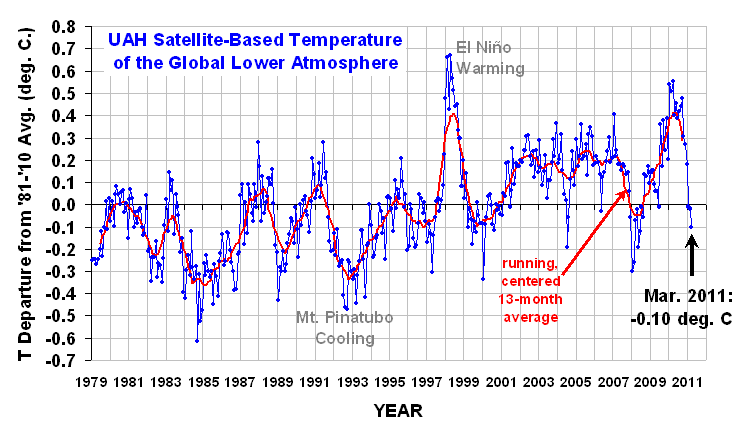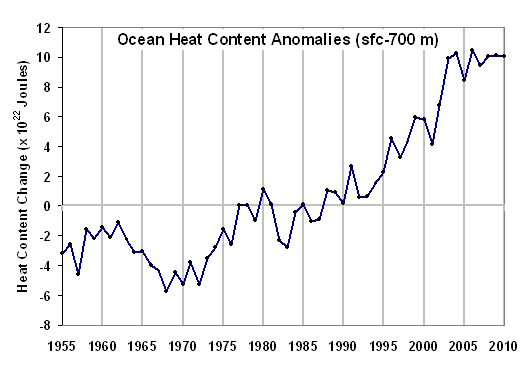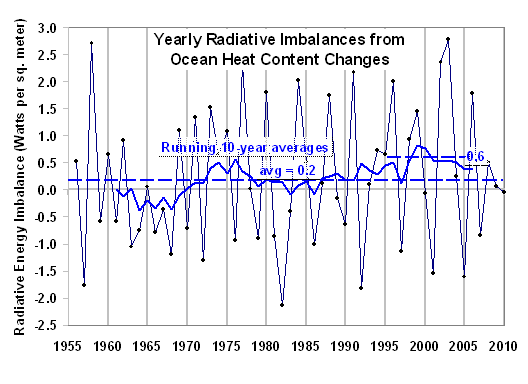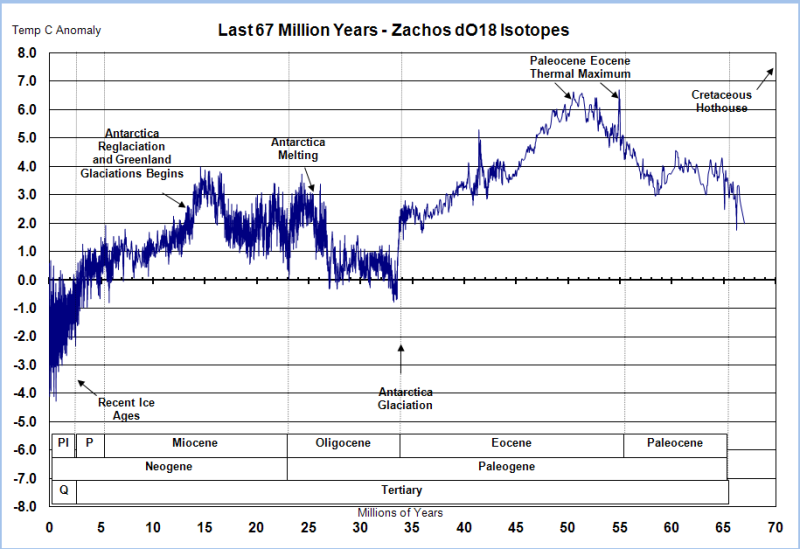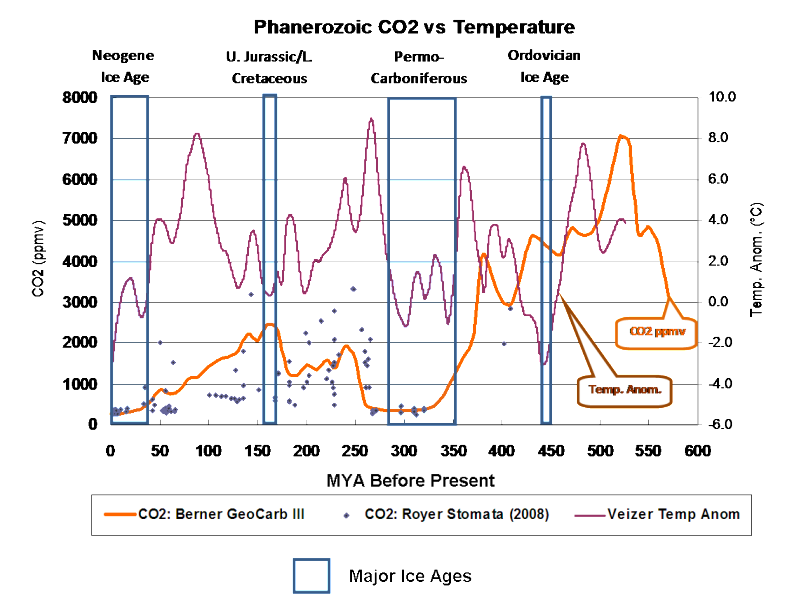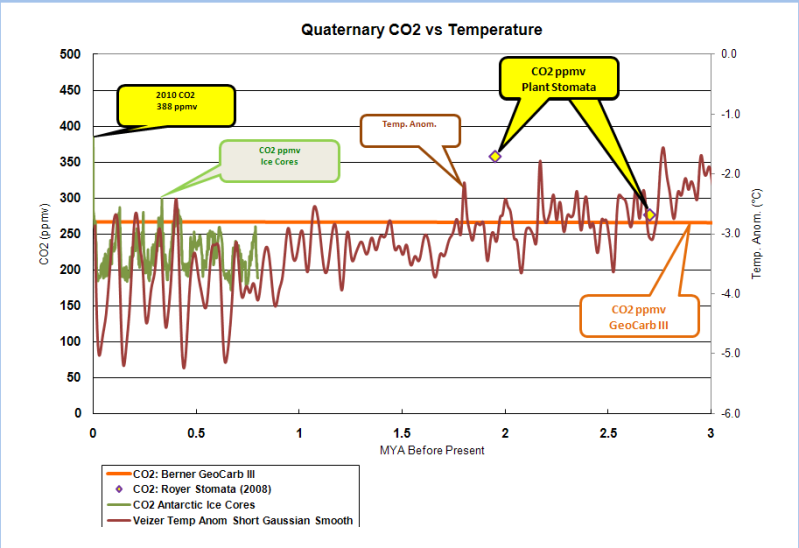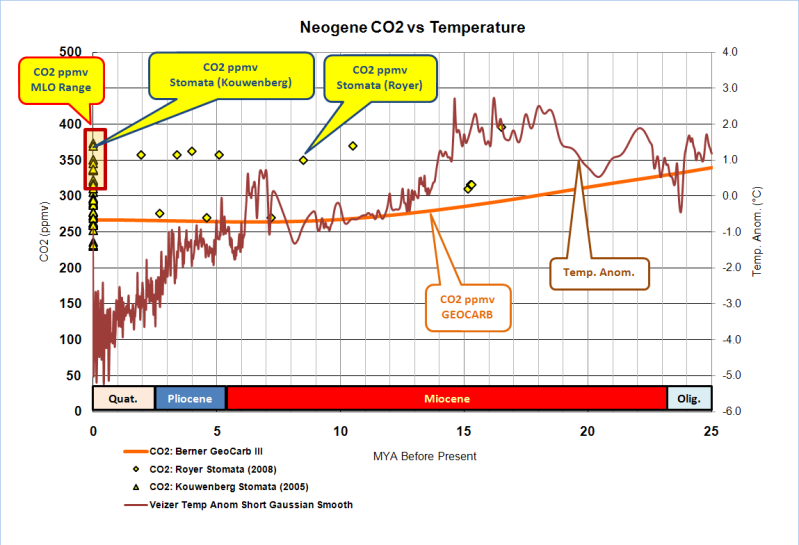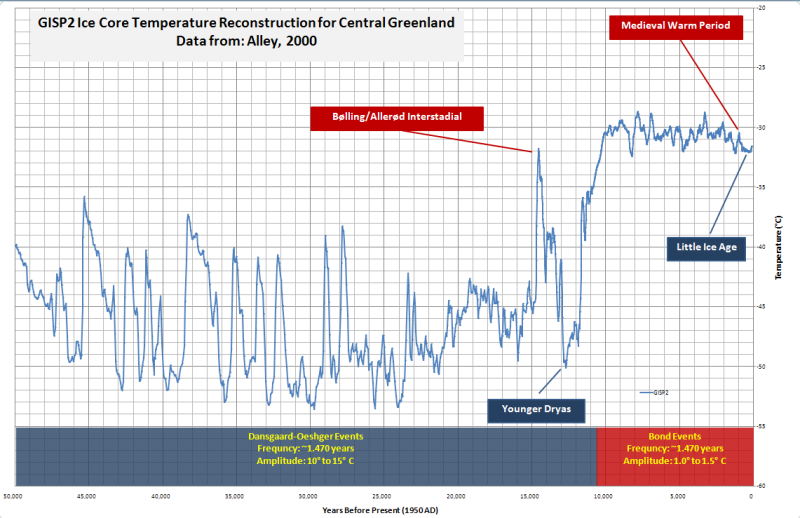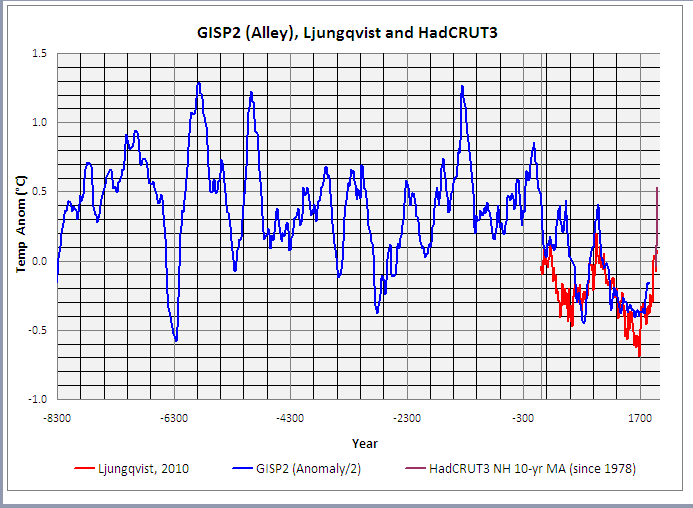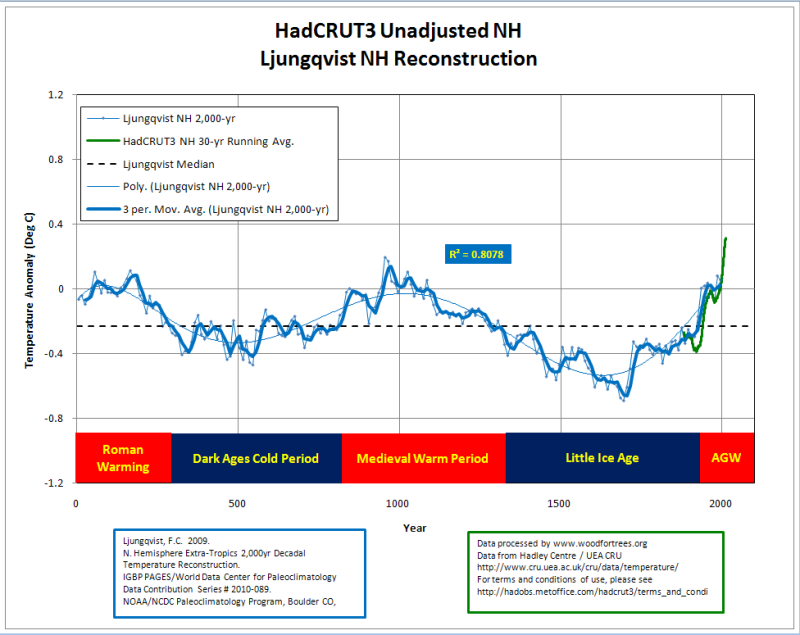trysail
Catch Me Who Can
- Joined
- Nov 8, 2005
- Posts
- 25,593
Keeping an open mind about the sun
By Matt Ridley, Ph.D.
B.A. ( Oxford ), Author: Genome, A Biography In Twenty-Three Chapters
http://www.rationaloptimist.com/blog/keeping-open-mind-about-sun
Correlation ain't causation.
But for some time I have been noticing that the correlations between certain aspects of solar activity and certain aspects of climate are getting really rather impressive -- far more so than anything relating to carbon dioxide.
Carbon dioxide certainly can affect climate, but so for sure can other things, and in explaining the ups and downs of past climate, before industrialisation, variations in the sun are looking better and better as an explanation. That does not mean the sun causes current climate change, but it certainly suggests that it is at least possible that forcings more powerful than carbon dioxide could be at work.
I am not yet a solar partisan in this debate, nor do I plan to become one. But I find the hypothesis that solar variation has been stronger than carbon dioxide in recent decades sufficiently intriguing that I do not see why it should be dismissed yet.
Here are some of the correlations that have impressed me. Some may be wrong, or misleading. Some come from more trustworthy [strikethrough]causes[/strikethrough] sources than others. Some might have been smoothed or otherwise manipulated. I don't really know. But it's interesting to lay them out...
more...
http://www.rationaloptimist.com/blog/keeping-open-mind-about-sun
